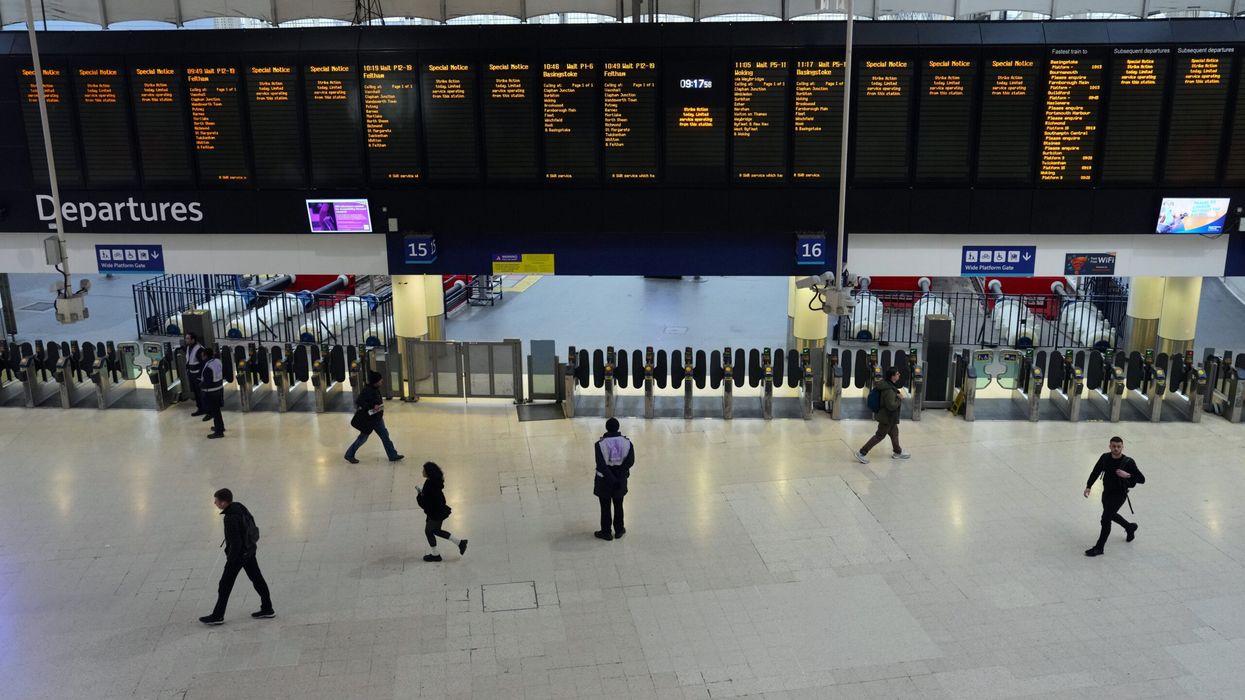Train drivers in the United Kingdom (UK) have gone on strike, affecting rail services across the country, including routes to key tourist destinations and airports.
The strike, organised by the Aslef (Associated Society of Locomotive Engineers and Firemen) union, is due to cost-of-living pressures and high inflation.
Union chief Mick Whelan attributed the strike to the "cost of living crisis" caused by the Conservative government's economic policies. Prime Minister Rishi Sunak's government faces challenges in the upcoming general election, with polls favoring the Labour party led by Keir Starmer.
Various professions, including doctors, nurses, lawyers, teachers, and dock workers, have participated in strikes demanding higher pay. Five major train operating companies were impacted by the initial day of the Aslef strike, with more planned for Saturday and Monday, along with overtime bans.
The Department for Transport stated that while other rail unions have resolved their disputes, Aslef remains the only one on strike, preventing its members from voting on a pay offer. The offer aims to increase train drivers' average salaries from £60,000 to £65,000.
Aslef chief Whelan criticised the offer, stating that it was unacceptable and described it as a "land grab" for negotiated terms and conditions. He noted that Aslef members had not received a pay rise since 2019.
Last November members of the RMT rail union, which represents various types of rail workers, voted in favour of a pay deal that ended more than a year of walkouts.
"Aslef is the only rail union continuing to strike, targeting passengers and preventing their own members from voting on the pay offer that remains on the table," a Department for Transport spokesperson said.
Aslef chief Whelan, speaking in front of striking drivers at London's Euston station, said that the offer from last April would never be accepted by members, describing it as "ridiculous" and a "land grab for all the terms and conditions we have negotiated over the years".





